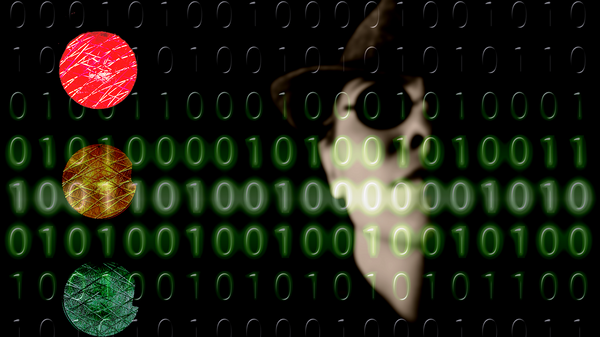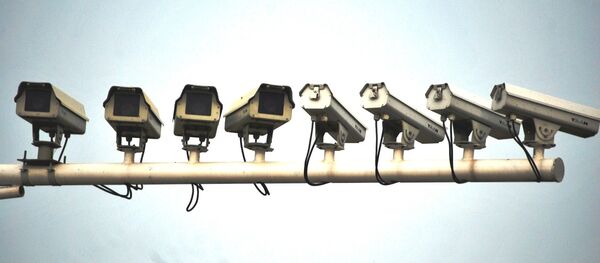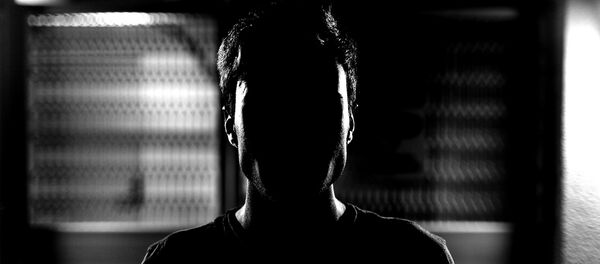In Britain, the government was forced to introduce new legislation — the Investigatory Powers Bill, known as the Snoopers' Charter — which will allow police and the security services to require communications services providers (CSPs) to retain bulk data on phone calls, emails, social media and other communications for up to a year, so that they can have access to them for counterterrorism investigations.
Protect journalistic sources from state surveillance — sign the petition to change #SnoopersCharter! https://t.co/LBIhMYH6Gw
— Liberty (@libertyhq) 27 July 2016
Many privacy groups have criticized the move, claiming that the bulk collection of data is in breach of human rights and that innocent people would be subject to trawling by the security services. However, the latest lone wolf attacks in France and Germany have given proponents of the bill a boost.
Dr David Lowe, Academic Fellow of the Inner Temple and Principal Lecturer at the School of Law at Liverpool John Moores University, told Sputnik:
"It's about Internet Service Providers (ISPs) and Communications Service Providers (CSPs) and the issue of gathering bulk data and monitoring. Post-Snowden and the revelations about the US National Security Agency, everyone's been wary about making sure the balance is right on protecting national security and protecting personal data."
Privacy v Protection
He says the Investigatory Powers Bill going through parliament at the moment is trying to address this issue. "As long as the balance is there — the protection of rights — I've always been an advocate of giving [the security services] wider powers because we have seen technology move on so quickly. You look at mobile phones now — they're mini-computers… and look at how we communicate — Twitter and Facebook — you're looking at the various methods of communications that are being used.
"So gathering of bulk data is needed. The only problem I see with the bill is judicial scrutiny. The powers [of bulk data gathering] are still issued under the authority of the Home Secretary and that authority is scrutinized by a judicial committee.
"I think it would be better if you had a judicial committee scrutinize the authority [to gather bulk data} and take it away from the politicians. I think that would help protect personal data, because judges are not averse to saying to the police 'no you can't have it, go away give us some more facts before we issue it,' " Dr Lowe told Sputnik.
He says the British intelligence services — MI5, MI6, GCHQ and the Joint Terrorism Analysis Center (JTAC), as well as the police counterterrorism command — have been extremely adept at monitoring the "chatter" on social media to prevent terrorist attacks in the UK, but this is not the case in mainland Europe.
"So far — and I'm touching wood saying this — in the UK we have been pretty efficient, because JTAC is coordinating all the intelligence coming in and constantly assessing the threat. Post 2005 [the London 7/7 bombings] one big lesson we learned that our security agencies have got to talk to each other and to the police […] and they work quite closely together."




